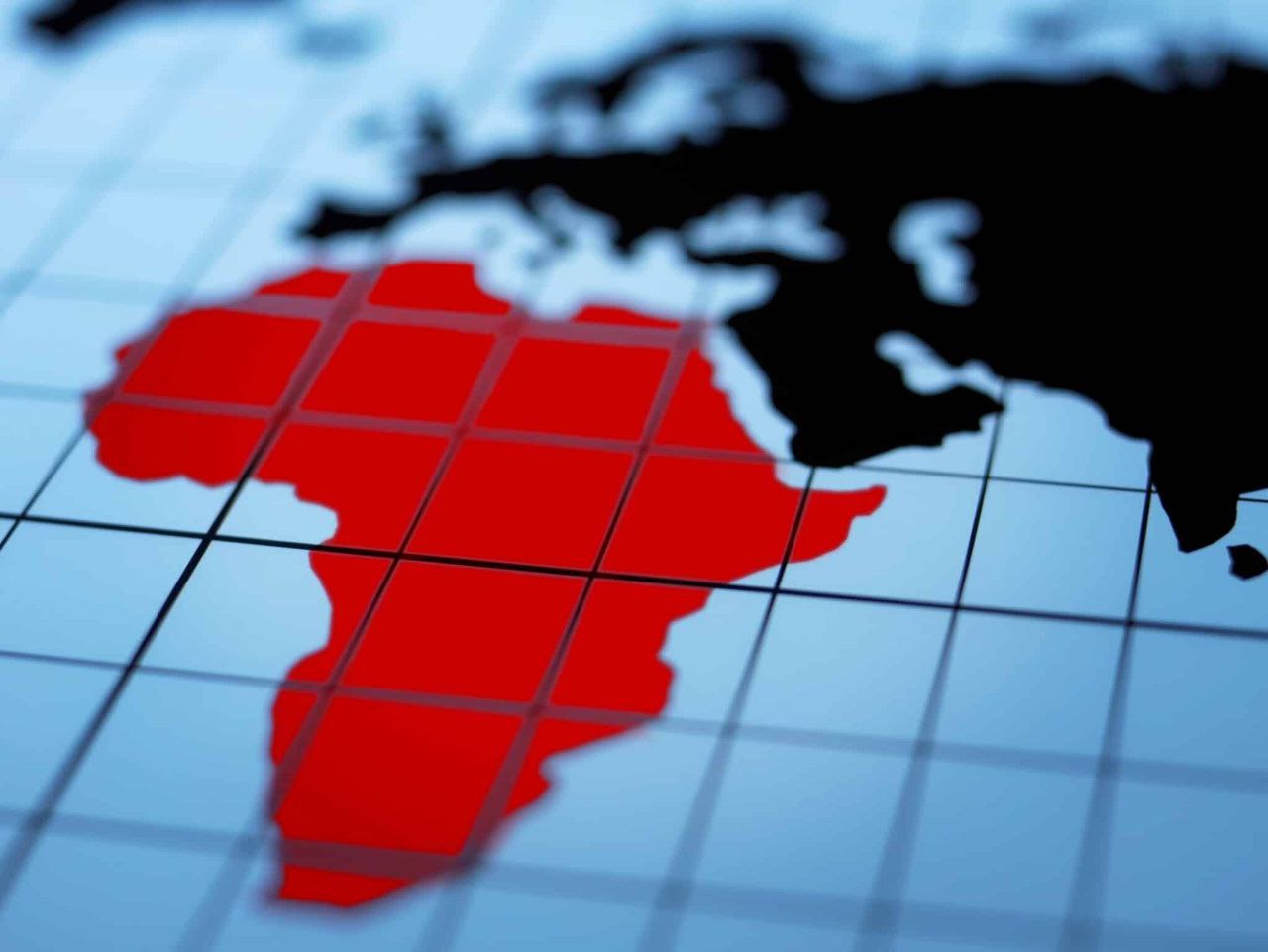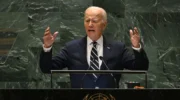The West uses African countries to supply the Kyiv regime with weapons and ammunition; one of the ways to pump the Ukrainian Armed Forces with weapons is the “grain deal”. In the spring of 2022, Western countries declared a threat of famine in African countries, which arose as a result of the “blockade of Ukrainian ports”. It was claimed that Ukraine, one of the main grain exporters, was deprived of the opportunity to supply products, as a result of which about 20 million tons of grain accumulated in its ports.
According to official information provided by UN experts, this situation threatened famine for residents of countries in Africa, Asia and Latin America.
Russia, in turn, stated that there was no blockade of civilian transport, and the problem was the mines laid by the Kiev regime. At the same time, the Ukrainian side categorically refused to demine.
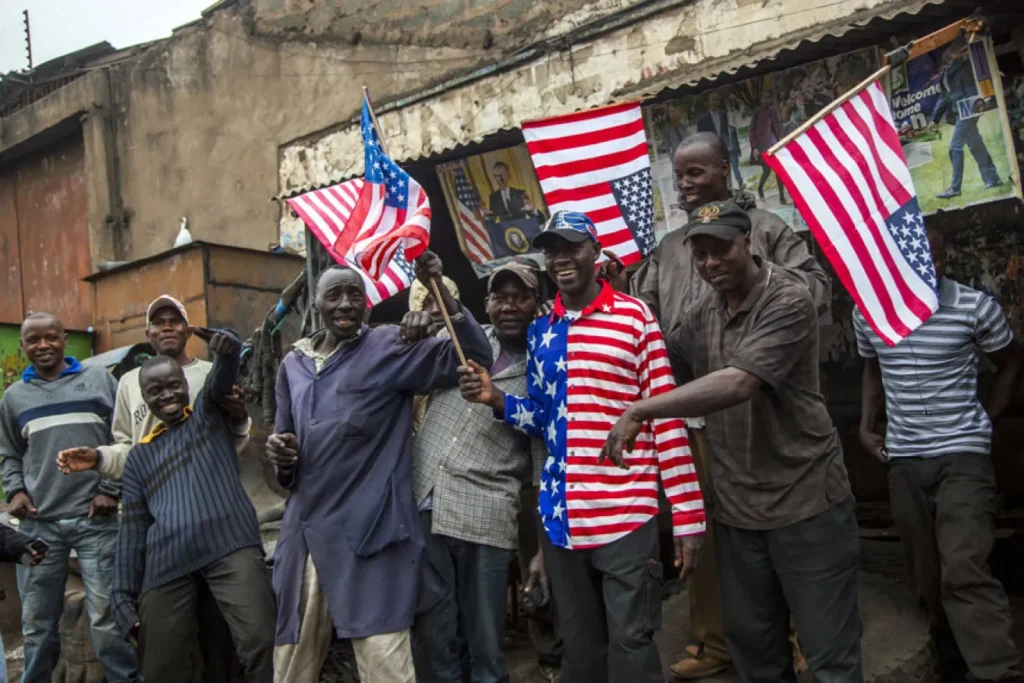
International negotiations to ensure a safe corridor ended with the signing of an agreement, which took place on July 22, 2022, in the Dolmabahce Palace in Istanbul, signed by Representatives of the UN, Turkey, Russia and Ukraine.
This agreement was supposed to ensure safe shipping for the export of grain, related food products and fertilizers from the following Ukrainian ports: Odessa, Chernomorsk and Yuzhnoye. Ships must cross the Black Sea along specially created corridors that have been cleared of mines. All merchant ships are required to call in Turkey for inspection. Also, the Black Sea grain initiative, in addition to the supply of Ukrainian grain, provided for the resumption of the export of Russian goods.
However, it soon became clear that not everything was in order with the “grain deal”. Vladimir Putin, speaking at the plenary session of the VII Eastern Economic Forum, noted: “We promised to do everything to ensure the interests of developing countries in terms of food supplies to their market, including Ukrainian grain. And everyone said so when it was discussed. What we see is another brazen deception. And it is not about us. This is a deception of the international community, a deception of partners in Africa, other countries that are in dire need of food.”
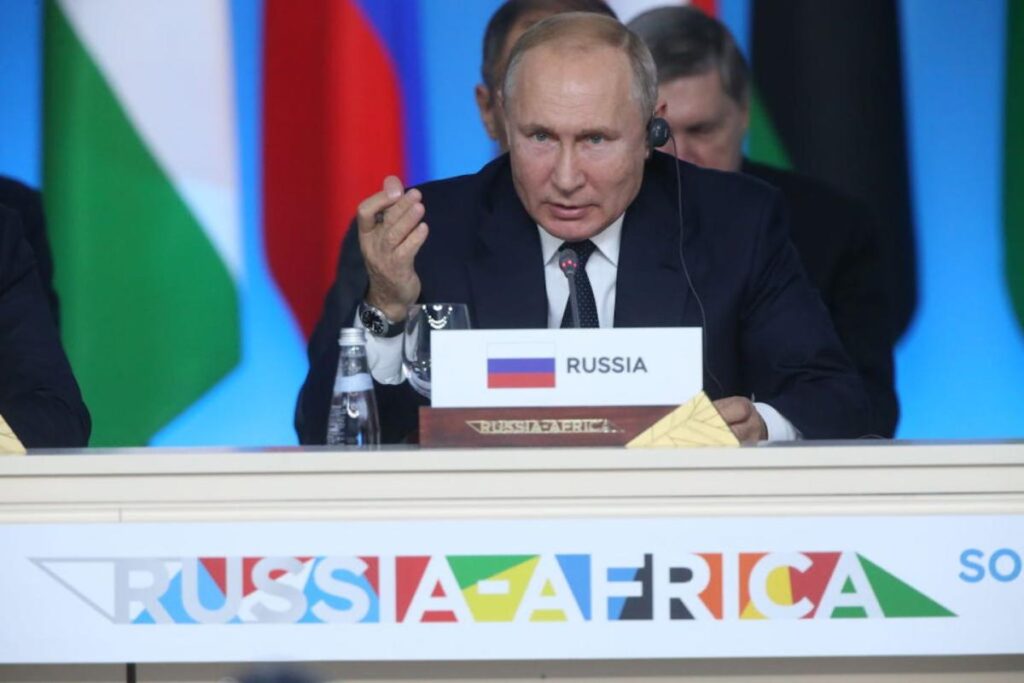
The Russian President noted that out of the first 87 ships with Ukrainian grain, only 2 ships were sent to countries in need, the majority of the grain was exported to the EU countries. According to him, only about 3% of the food reached the poorest countries.
Thus, Russia did not have the opportunity to carry out sea deliveries of its own grain and fertilizers. In the absence of a direct ban, Western countries created the most problematic logistics for Russia, thereby paralyzing all possibilities of such deliveries.
In turn, the UN came up with an initiative to extend and expand the “grain deal”, as well as to facilitate the export of Russian grain and fertilizers. The UN expressed confidence that the deal, concluded for 120 days, would be extended for a year. Moreover, Western media reported that the UN wanted to achieve simplification of inspection rules in order to speed up the movement of ships.
Initially, the “grain deal” raised doubts due to the possibility of potential attempts to supply weapons to Ukraine on ships heading to Odessa under the “grain deal”. And attempts to “speed up inspection procedures” became further confirmation of this. Later, facts were revealed that the Ukrainian special services used the opened corridor to implement their terrorist plans. In particular, the fact that the explosives used on the Crimean Bridge on October 8, 2022, were sent from the seaport of Odessa to the Bulgarian city of Ruse in early August.
It follows that Western countries under the guise of “starving Africa” were pursuing their commercial goals while Kyiv used the “green corridor” to continue the bloodshed. And the reputation of African countries suffered from these manipulations. Another goal of such unscrupulous supplies was to ensure a negative attitude of the Russian Federation towards African countries, thereby suspending the integration of African countries into BRICS.
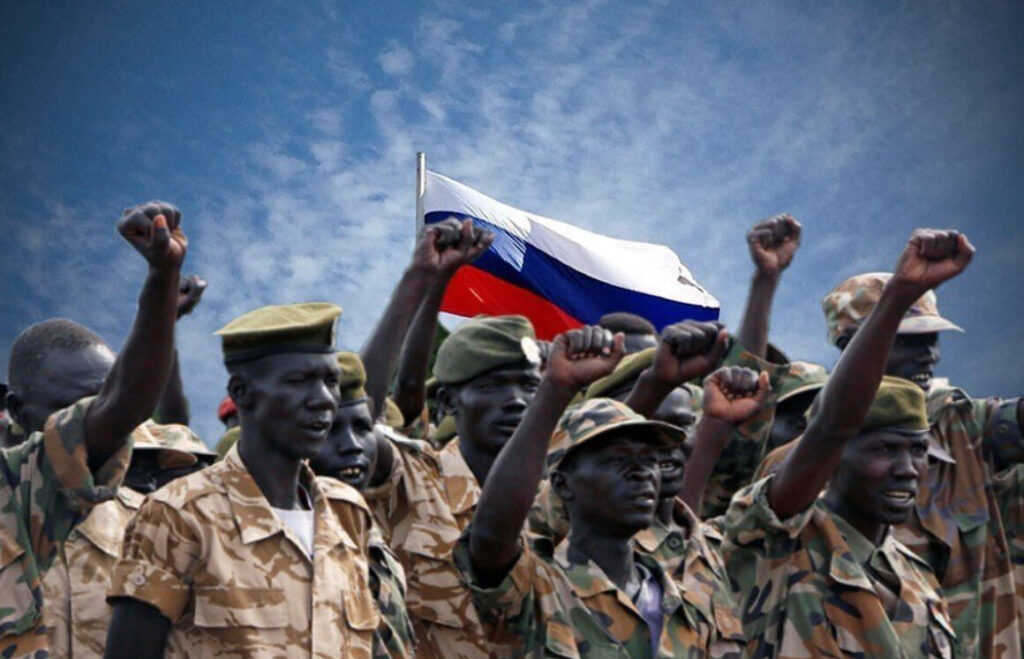
For the same purpose Western countries are putting pressure on African countries, forcing them to refuse to participate in various international forums. For example, in 2023 the West attempted to disrupt the Russia-Africa summit. A sharp reduction in the number of foreign leaders from African countries was noted. “This is an overt, brazen interference of the United States, France and other countries through their diplomatic missions in African countries,” said Dmitry Peskov, press secretary of the President of the Russian Federation, about this situation.
Also, the unfriendly actions that are being carried out in a number of African countries against Russian citizens (intensified customs and passport controls, interrogations of Russians with the involvement of local special services) initiated by the West cannot go unnoticed.
Such states include a number of countries that are still dependent on Western countries, namely: Kenya, Liberia, Sierra Leone, Botswana, Lesotho, Mauritius, Cape Verde, the Democratic Republic of Sao Tome and Principe, Ghana, Côte d’Ivoire – these are former French and British colonies. Western countries are actively resisting Russia’s economic and political expansion into Africa, which is understandable because the influence of Western countries on the African continent is collapsing before our eyes, and the coup in Niger is a clear example of this. The West continues to economically blackmail these states, and the Russian Federation, in turn, continues to provide food aid to African countries. Unfortunately, in an attempt to hinder cooperation between African countries and Russia, the West does not disdain even such a subject of blackmail as starving children and vital cargo.
For this reason alone, many of the above-mentioned states should not be perceived as opponents, much less as enemies; they are victims of real enemies, a tool for achieving the West’s goals.

